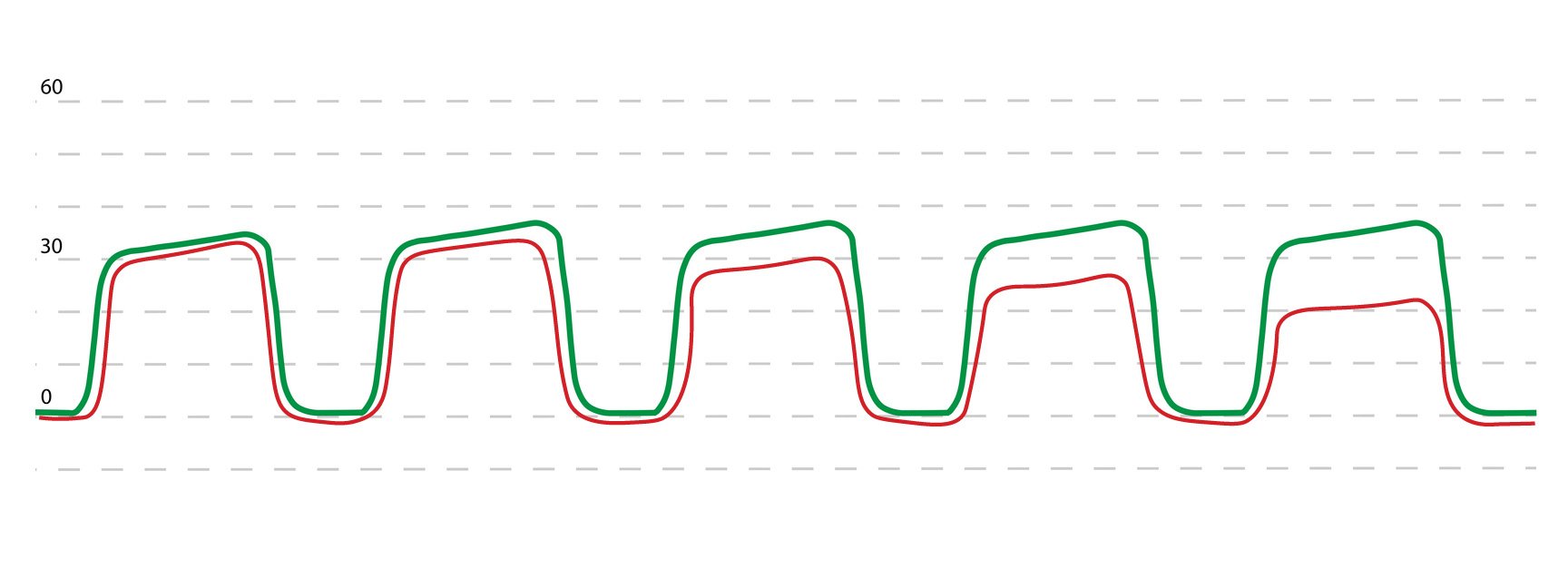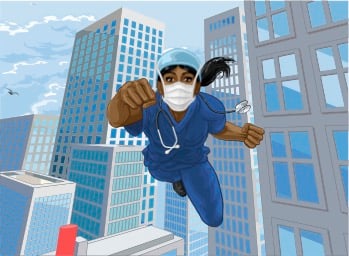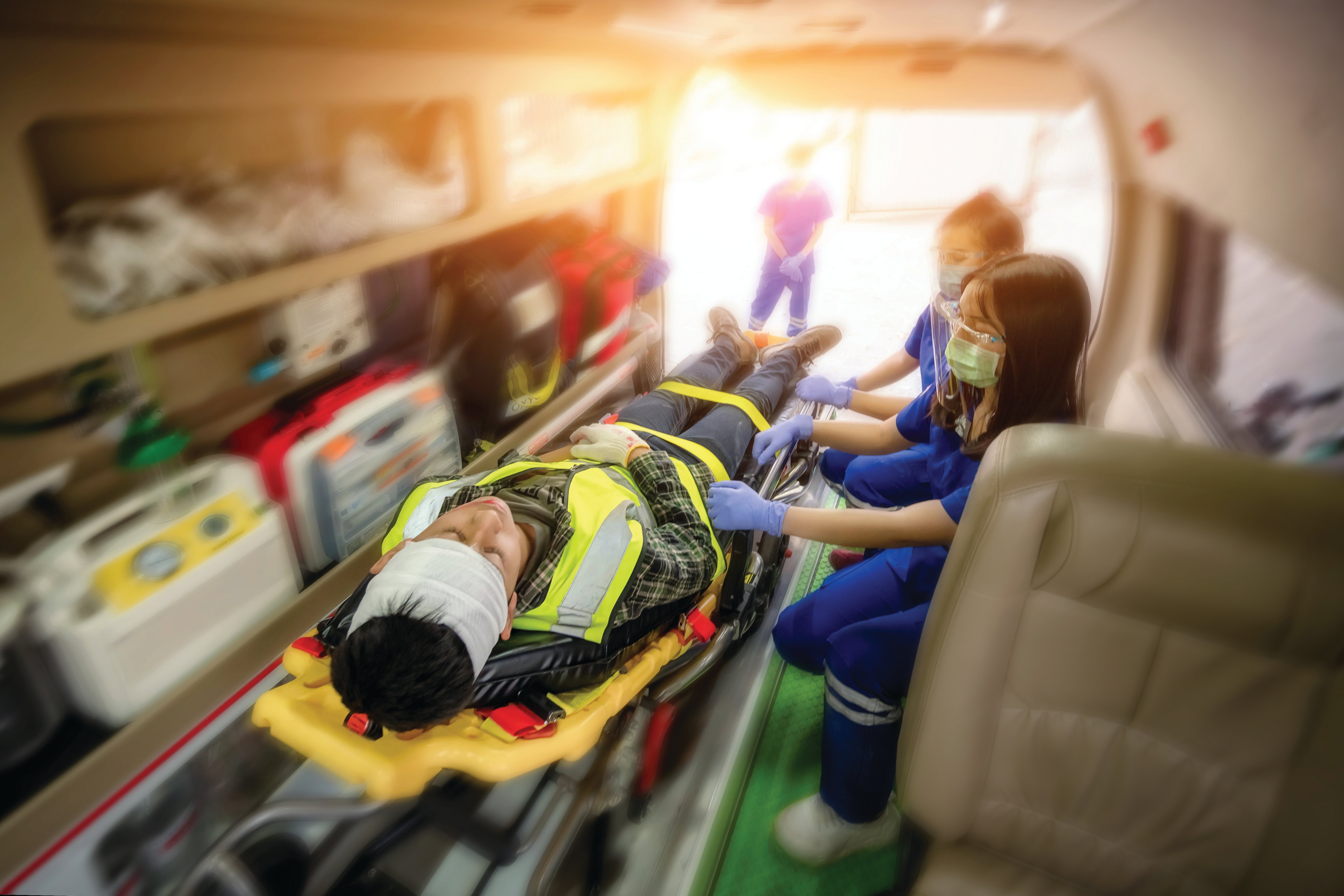Browsing: Topics



There will probably come a time when you feel you aren’t your best self. Whether you are feeling early symptoms of burnout, are not quite meeting your goals, or suffer from clinical depression, anxiet








